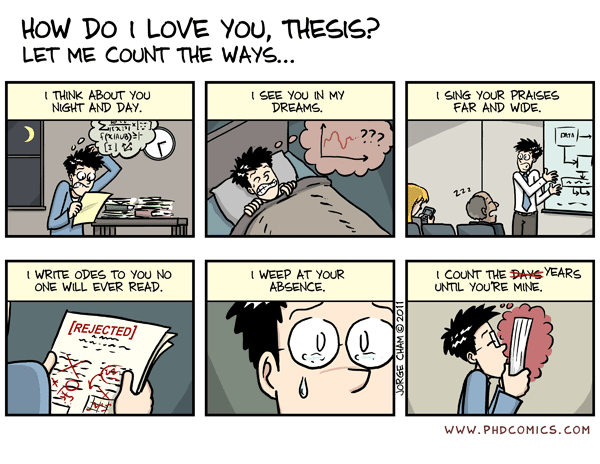n a non-work related note, what makes you smile? It's pretty normal to feel down occasionally but I think that it's important to make the most of what we have. My stress level have never been so high at the moment, strangely "twitchy eye" has not begun yet. I think it happens to most people, is when you are so tired and stressed that one of your eyes start twitching uncontrollably. Comic relief is what I need.
Check this out: http://www.metro.co.uk/news/858815-rude-herb-facebook-crew-terrorise-supermarket-shoppers
Anyway, one of the things that most definitely can lift my mood up is LOL Cats: http://icanhascheezburger.com/ I do love the ceiling cat saga (by the way he lives in Chri's room now).
<--
-->
Also I like to watch my friend Rob when is bakewelled (really really REALLY drunk) and my friend Daaaave, when he generally stands around breaking stuff and/or himself or just when swans come near him (he even has a facebook page about his specialness). But that is a more evil kind of fun I suppose. He cooked me dinner last night so I should be nice to him.
The other day for example, I locked Emma in the constant temperature room by mistake...good fun really but only because she could open the door from the inside (I am not that evil).
This morning, on the way to work, Radio 2 played "always look on the bright side of life". It did put me in a very good mood.
Always Look on the Bright Side of Life (from Monty Python - Life of Brian)
words and music by Eric Idle
They can really make you mad
Other things just make you swear and curse.
When you're chewing on life's gristle
Don't grumble, give a whistle
And this'll help things turn out for the best...
And...always look on the bright side of life...
Always look on the light side of life...
If life seems jolly rotten
There's something you've forgotten
And that's to laugh and smile and dance and sing.
When you're feeling in the dumps
Don't be silly chumps
Just purse your lips and whistle - that's the thing.
And...always look on the bright side of life...
Always look on the light side of life...
For life is quite absurd
And death's the final word
You must always face the curtain with a bow.
Forget about your sin - give the audience a grin
Enjoy it - it's your last chance anyhow.
So always look on the bright side of death
Just before you draw your terminal breath
Life's a piece of shit
When you look at it
Life's a laugh and death's a joke, it's true.
You'll see it's all a show
Keep 'em laughing as you go
Just remember that the last laugh is on you.
And always look on the bright side of life...
Always look on the right side of life...
(Come on guys, cheer up!)
Always look on the bright side of life...
Always look on the bright side of life...
(Worse things happen at sea, you know.)
Always look on the bright side of life...
(I mean - what have you got to lose?)
(You know, you come from nothing - you're going back to nothing.
What have you lost? Nothing!)
Always look on the right side of life...
Always look on the light side of life...
If life seems jolly rotten
There's something you've forgotten
And that's to laugh and smile and dance and sing.
When you're feeling in the dumps
Don't be silly chumps
Just purse your lips and whistle - that's the thing.
Always look on the light side of life...
For life is quite absurd
And death's the final word
You must always face the curtain with a bow.
Forget about your sin - give the audience a grin
Enjoy it - it's your last chance anyhow.
So always look on the bright side of death
Just before you draw your terminal breath
Life's a piece of shit
When you look at it
Life's a laugh and death's a joke, it's true.
You'll see it's all a show
Keep 'em laughing as you go
Just remember that the last laugh is on you.
And always look on the bright side of life...
Always look on the right side of life...
(Come on guys, cheer up!)
Always look on the bright side of life...
Always look on the bright side of life...
(Worse things happen at sea, you know.)
Always look on the bright side of life...
(I mean - what have you got to lose?)
(You know, you come from nothing - you're going back to nothing.
What have you lost? Nothing!)
Always look on the right side of life...









